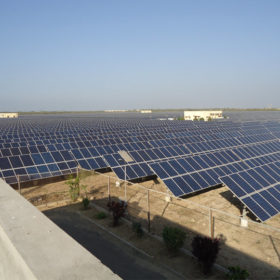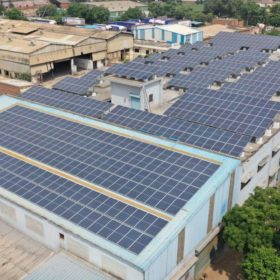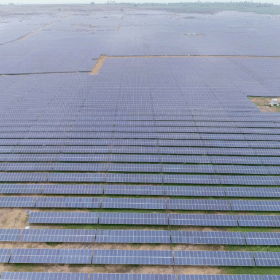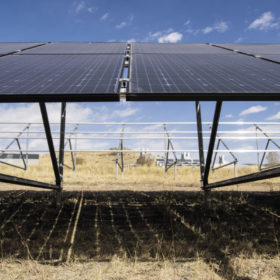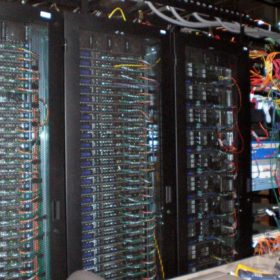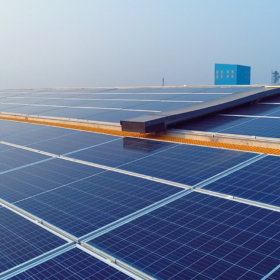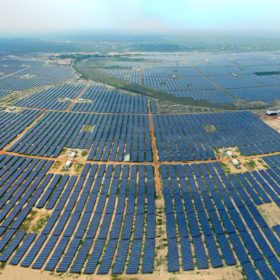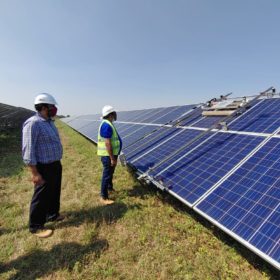Tata Power to set up 15 MW solar plant for Tata Steel
The solar plant in the Jamshedpur city of Jharkhand is expected to generate an average 32 million units of electricity per year, offsetting approximately an average 25.8 million Kg of CO2 annually.
MSMEs can contribute 16 GW in meeting solar target
The Ministry of Micro, Small & Medium Enterprises is working with the World Bank to bring in a credit guarantee mechanism to make financing accessible to unrated MSMEs for implementing rooftop solar projects.
Madhya Pradesh: Ten-fold growth in renewable energy capacity since 2012
Today, the State has 5042 MW of renewable energy capacity, a ten-fold increase from 491 MW in 2012.
Essar Power to set up 90 MW solar plant in Madhya Pradesh
The private power producer will set up the proposed solar plant in the Datia district in two parts of 33.7 MW and 56.17 MW. The project is expected to be completed by June 2022.
India added 3.2 GW of solar capacity in 2020
With large projects contributing 78% of the new capacity, the nation installed less than half the 7.3 GW added in 2019 and recorded its poorest figures in five years, according to a Mercom India report.
Adani launches joint venture for renewables-powered data centers
AdaniConneX, the joint venture with US-based data center solution provider EdgeConneX, will develop renewable energy-powered data centers with up to 1 GW of power demand in India over the next decade.
West Bengal tenders for rooftop solar
Bidders have until April 23 to lodge their interest to set up 990 small-size grid-connected rooftop solar plants in turnkey mode. The plants—in sizes of 10 kWp each—shall come up across the State.
JMK says India could install 9.7 GW of new utility-scale solar in 2021
The nation is going to make great strides in new utility-scale solar installation this year after adding just about 2.6 GW in 2020.
Indian startup Solavio Labs raises Canadian fund
The solar panel-cleaning robot startup, which saw its sales jump 125 times last year, has thus far raised three levels of funding amounting to INR 2 crore from government bodies in India, Dubai, and Canada.
India added 1.4 GW of solar in October-December period
The new solar capacity addition during the third quarter of FY 2020-21 was way above 928 MW installed in the previous quarter (July-September).
